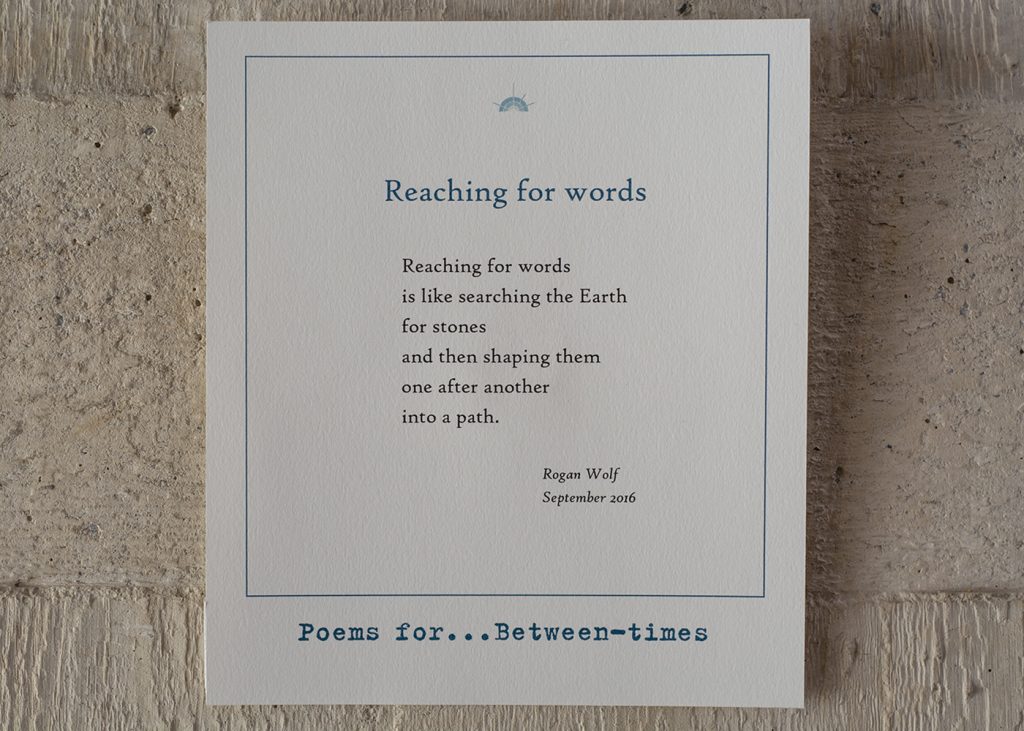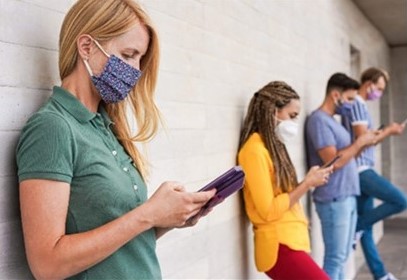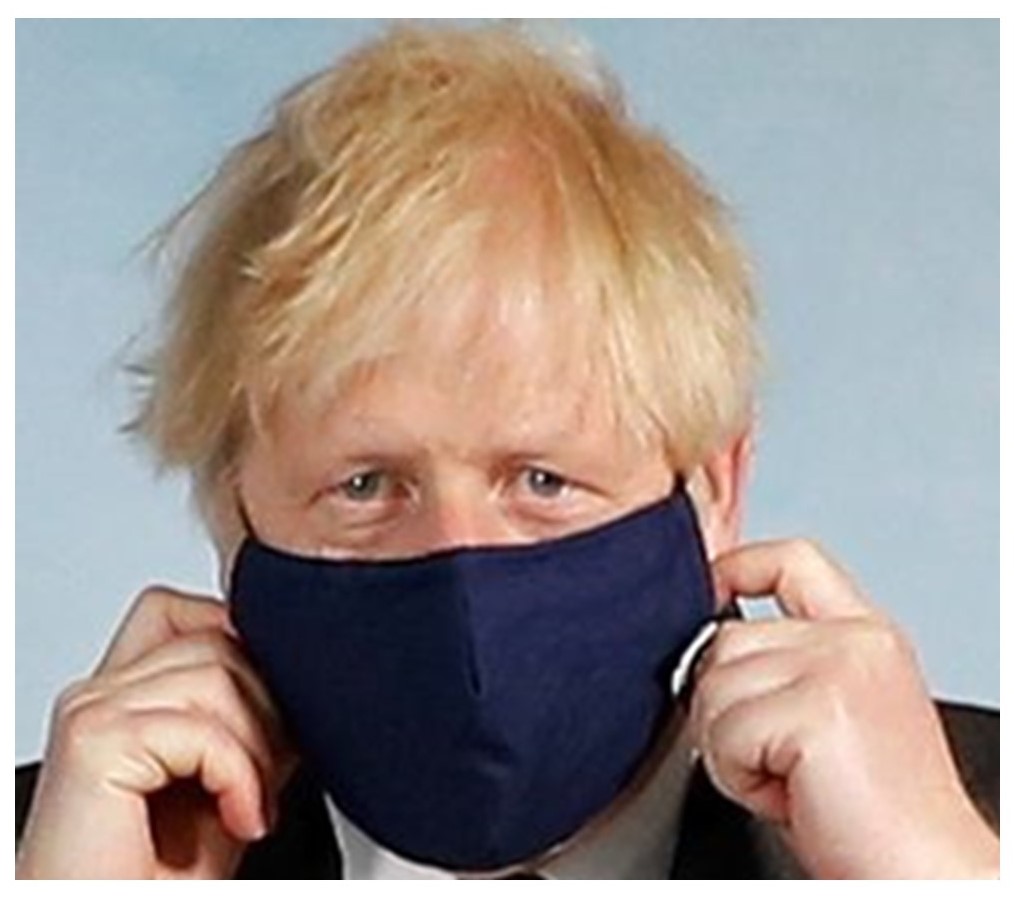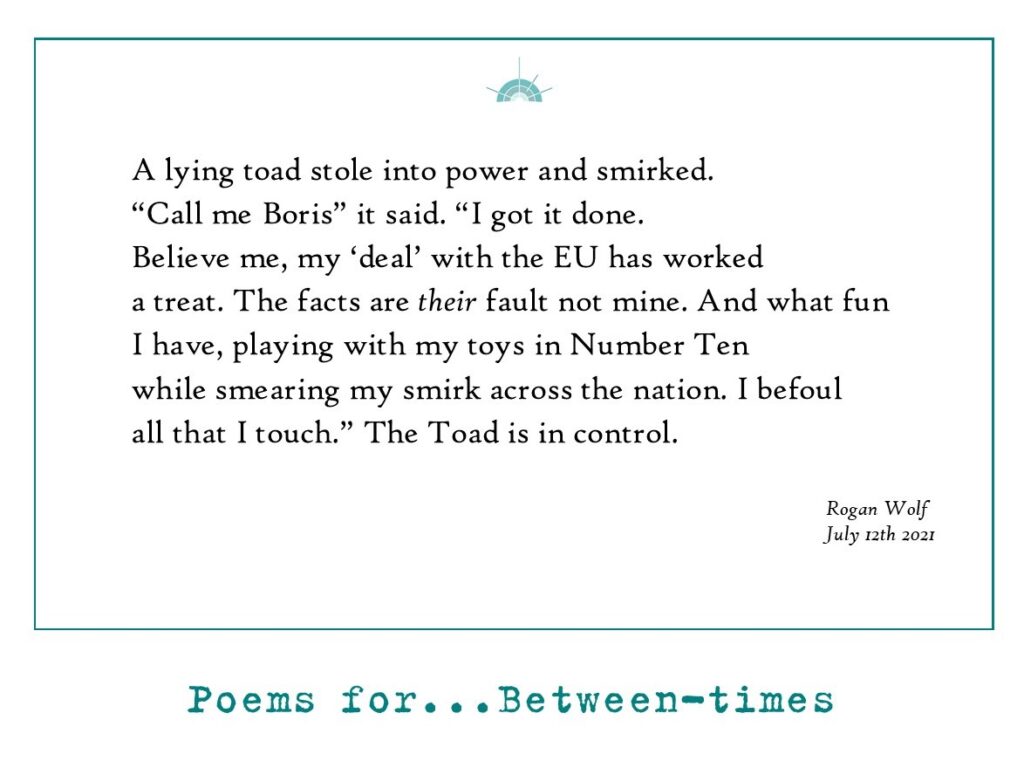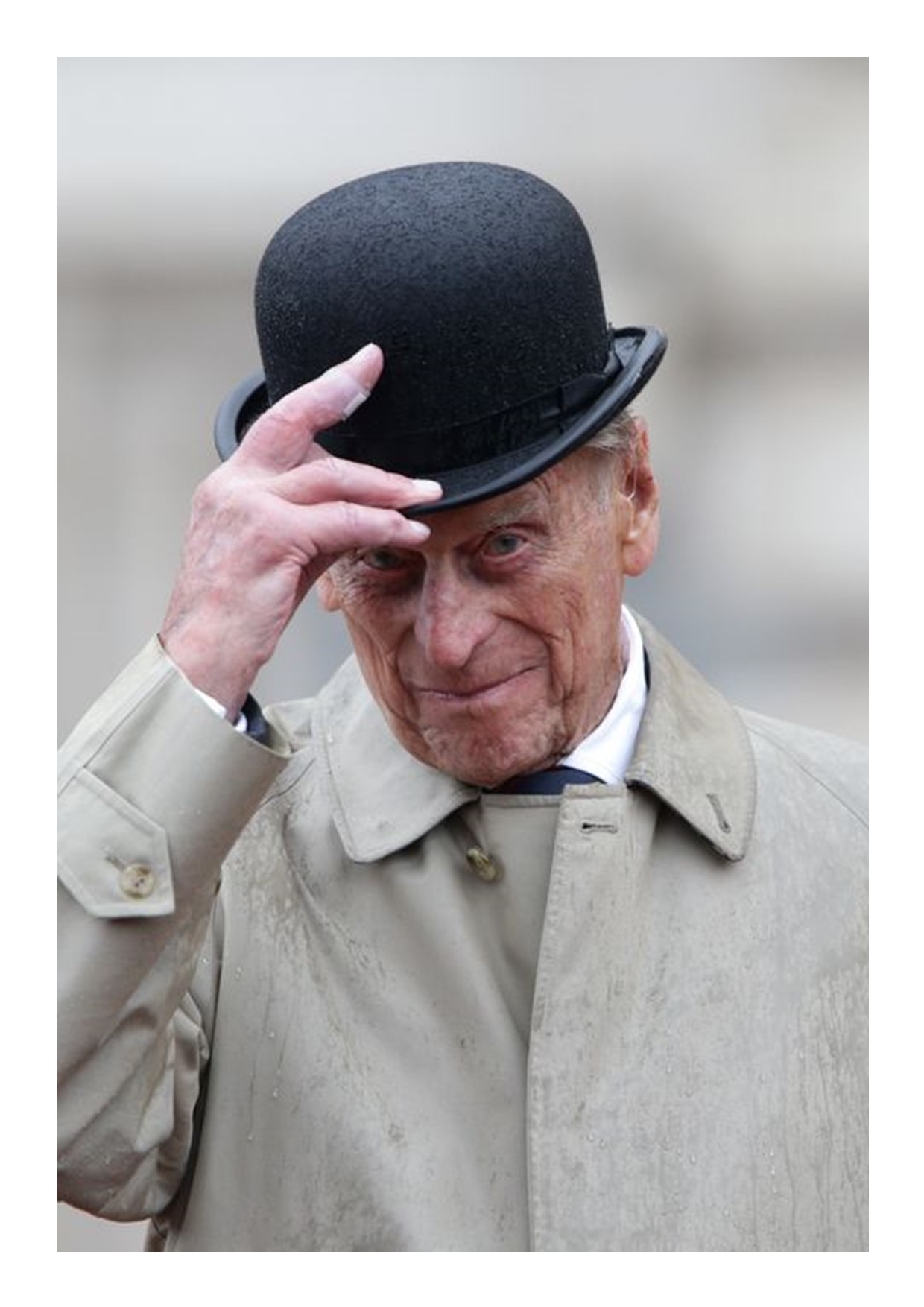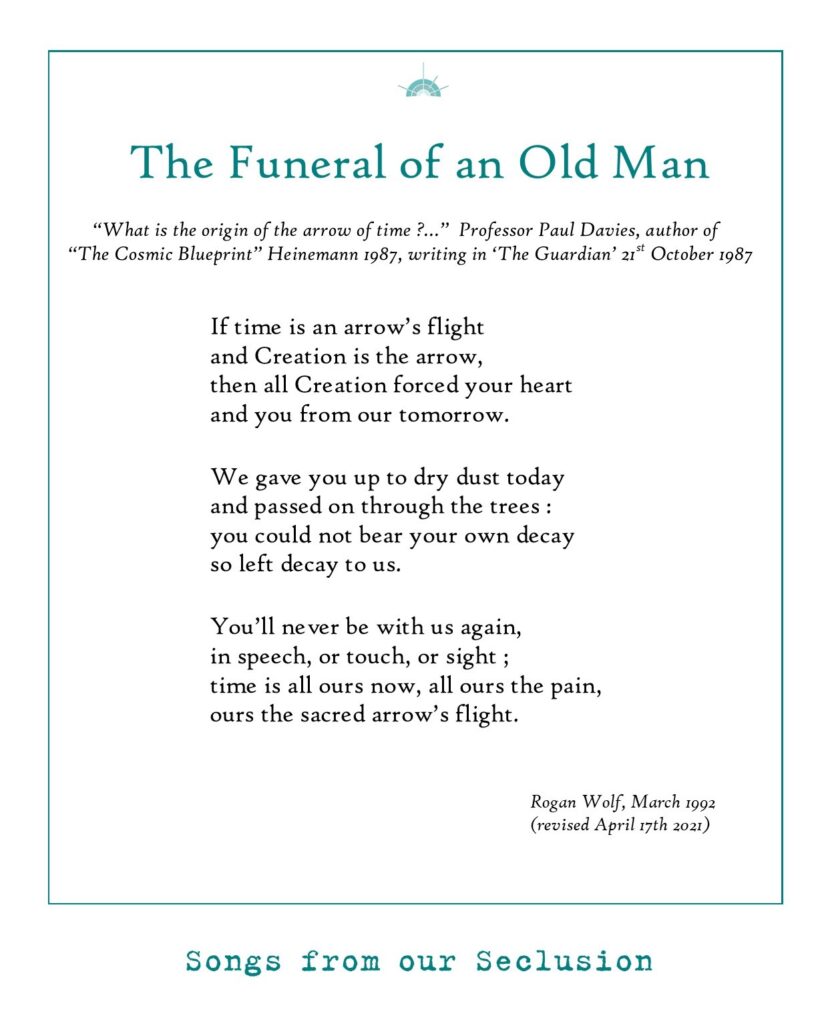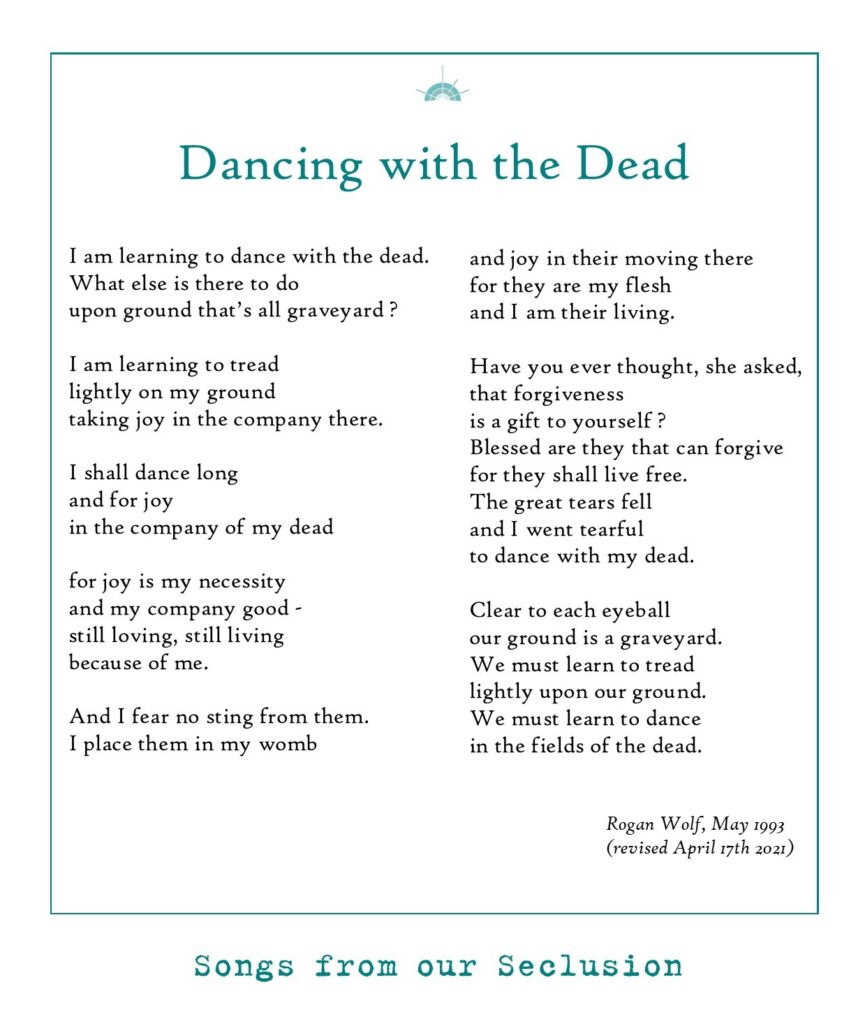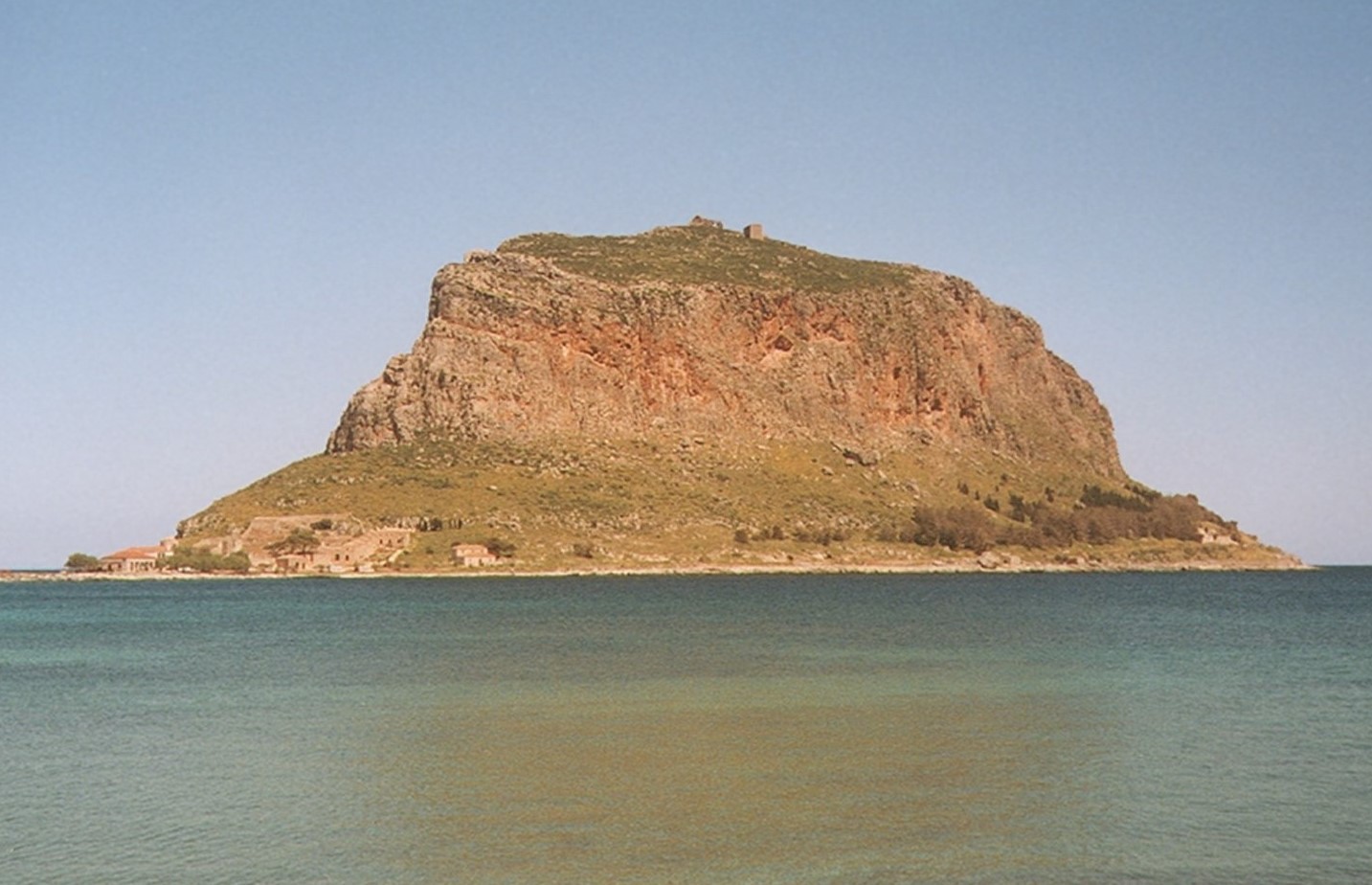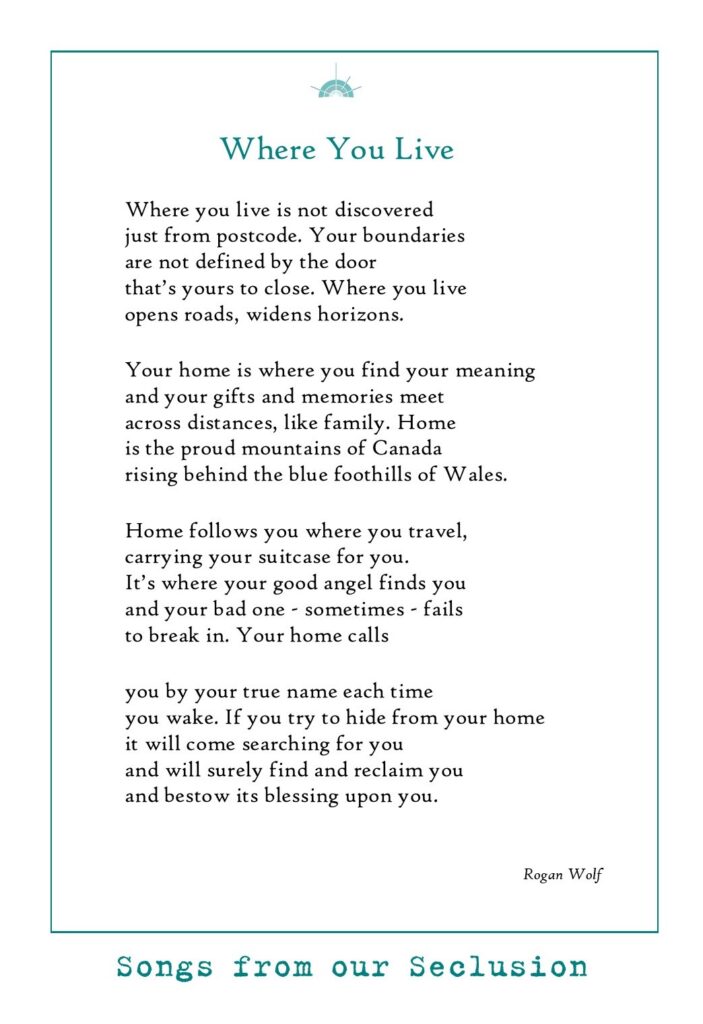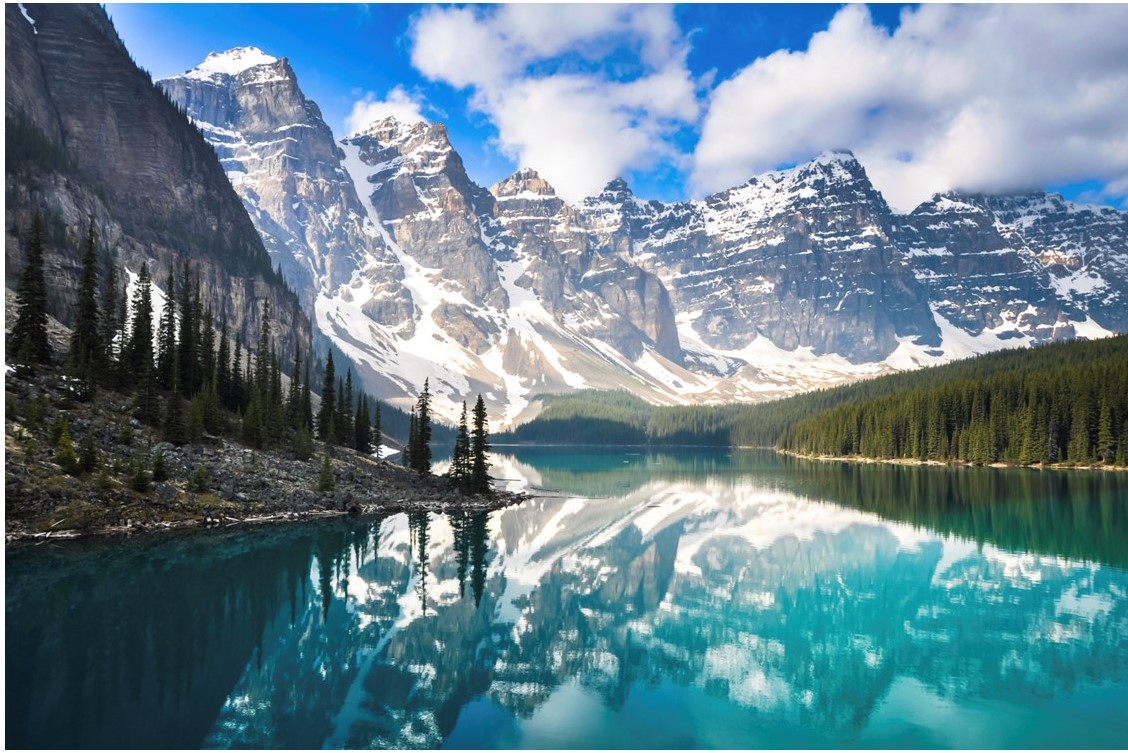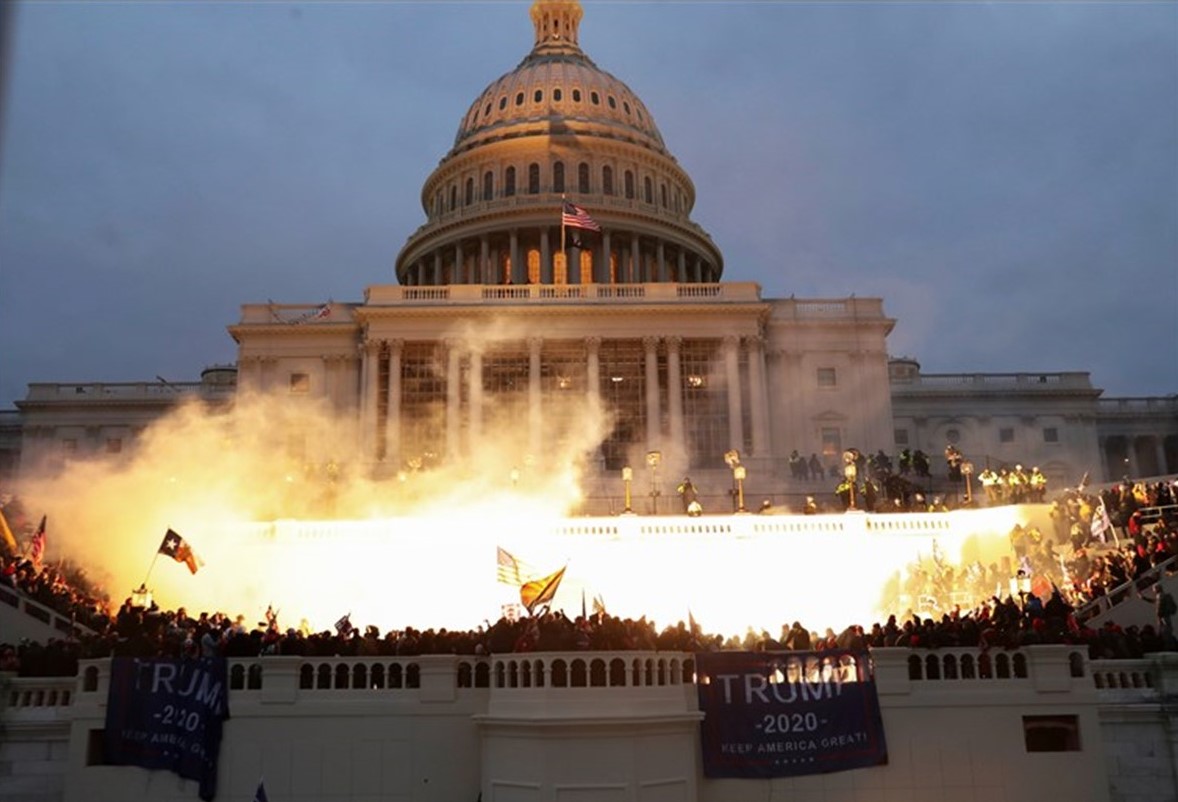
Why do certain behaviours, or opinions, or political policies, become popular at some point, where before they would have been rejected out of hand ? Why do certain approaches, or qualities of presentation, previously scorned, suddenly start to be given value ? And do all such changes represent advance, or improvement ? No.
And caught up as we are in a world transforming faster and faster, it is surely hard for all of us to keep track of it all, let alone make sense of it. There are so many elements at work, each one rushing, in both foreground and background, some drawing headlines and brief comment, others just slipping through and past, almost as if unnoticed, just part of the general blur. But these less noticeable changes and new features might then begin to show themselves and start to be commented on – not as changes, but as new norms, furnishings in the room that are now treated as if they’ve always been there, and therefore, by definition, are beyond challenge or question.
But in all my own confusion and anxiety in the present maelstrom of things sweeping us all along, I’ve noticed a particular feature, or strand, or thread running through, which seems to stand out a bit and may be worth recording here. It could be that others have spotted it already, but if so, I’ve missed what they have had to say on it and, certainly, it hasn’t featured large.
Is it significant ? Is that why it seems to me to stand out ? Or does it stand out only because unmarked ? I simply don’t know.
I shall start with some background context – a concept which an experienced trainer in mental health social work once described to me. She called it “The Strong Model” (this was well before our present time in which the word “model” has come to describe a computer’s prediction of what’s in store). I think the concept this trainer described to me might have been original to her, the result of her own observations over the years. But it is also reminiscent of psycho-analytic perspectives on how organisations work, and how people work in them. I would associate these perspectives with the Tavistock Clinic during the 1970’s and 80’s, a time when the Tavistock’s voice was strong and confident and people across the caring professions were receptive to it. One name often associated with the Tavistock of that time, well-known in the care networks during the period, is Isabel Menzies-Lyth.
The trainer was talking to me about social work practitioners whose particular responsibility is to involve themselves in the lives of people in serious mental and emotional crisis. These practitioners need to be able to call on a high and wide-ranging level of relevant knowledge and expertise, and also of emotional maturity and intelligence within themselves, in response to human situations which most of us would prefer not to think about, let alone empathically engage with. The practitioners are dealing with a reality to which often there is no clear or obvious solution, and few simple “happy endings.”
Behind them and available to them, there must be a support system and a theoretical frame of reference that is sophisticated enough to deal in shades of grey, so to speak, rather than more obvious blacks-and-whites. And that is actually quite difficult. Amid the anxiety-provoking conditions in which the practitioners have to intervene, assess and act, the temptation is strong to retreat from complexity and involvement and resort instead to a more simplistic, more detached, less empathic black-and-white approach, more to do with quantities than with quality, outer aspects rather than inner ones. The “Book” is available and actually essential in these fraught transactions. But too easily it can be deployed alone and predominantly. The “Spirit” must take the lead.
Often the simpler black and white model will be imported from another discipline or profession altogether. Rather than emerge from within, as good practice that belongs specifically to this important activity, it will be copied, second-hand, from without. It is more than likely that the imported model will not serve as a real and sufficient addressing of the task that faces these workers, but that is not the point or purpose of it. Its purpose is to lessen anxiety and emotional upset in the workers themselves. It offers them a suit of emotional armour.
So a certain “tough guy” culture might set in among the worker team ; and “tough” decisions might start to win favour and status among peer colleagues, greater than the sensitive and empathic, more realistic approaches that are actually required and called for. Paradoxically, it takes a strong and able manager to prevent the “strong model” culture setting in among the team.
But I have not introduced this concept of the “strong model” in order to write about social work. I think the idea is relevant across a far wider field of activities than that. Any field, in fact, which calls for human connection and empathy and in which there is a high degree of responsibility and significant room for anxiety.
It is relevant, for instance, to democratic politics.
Democratic politics is a system within an open society which allows for and facilitates a shared engagement in issues of common concern, in a fashion which holds community leaders to constant account and treats all citizens with respect, as having a range of clear rights upheld by the law, under which all are equal (at least in principle). The implications of that (relatively) simple statement are not simple at all. In times of anxiety, or at the hands of leaders (and led) who are not up to the task, it is much easier to drop the true vessel, the Ark, and import in its stead a foreign “strong model”.
I suggest the most popular strong model used in present day democratic politics is that of the market and the hard sell. The politician becomes a person who sells a product previously researched as being marketable, with that person’s true purpose being, less to deliver sound and needed policy, than merely to perpetuate his/her own position of prominence and privilege. Engagement with the electorate is reduced essentially to catchy slogan and advert, in preference to genuine engagement, honest interchange and the sharing of proper information. The electorate becomes, of course, merely the Market, an anonymous grouping made up of numbers and categories, often conned without scruple into “buying” products of no worth whatsoever, through the ballot box.
There are many ways in which democratic politics and politicians can become corrupt and unfit for purpose, adrift without moral compass. But the importing of the market “Strong Model” is one of the most obvious and most destructive. It describes all too accurately how democratic politics is being conducted in the UK under Mr Johnson and his disgraceful gang.
I shall attempt to pursue this line of thought in a bit more detail, in a third post soon (I hope) to follow

